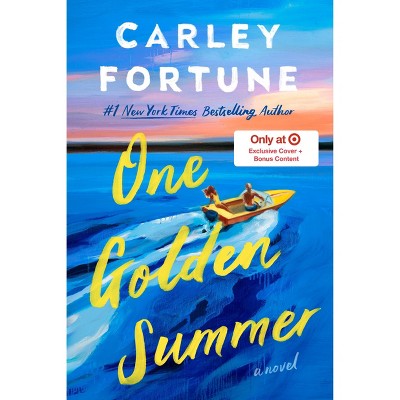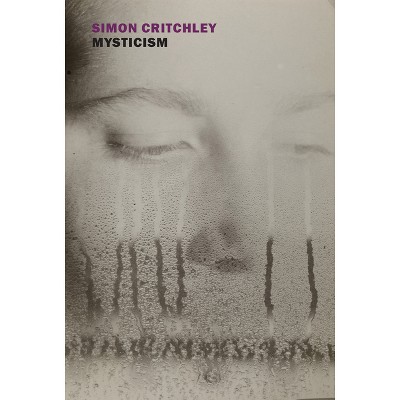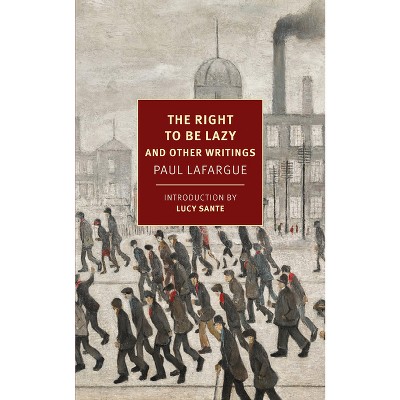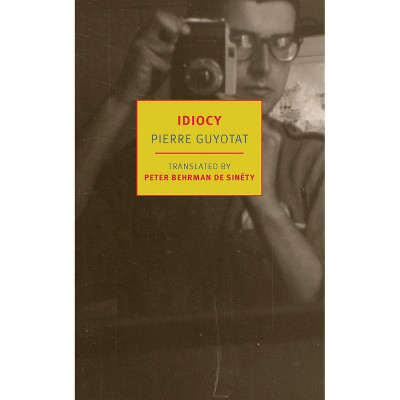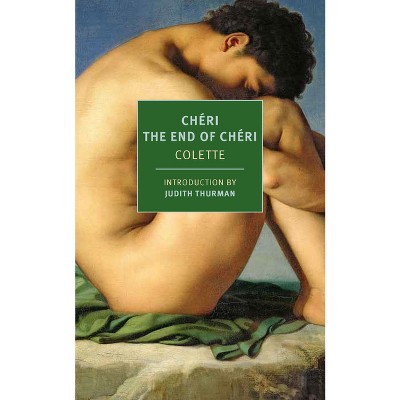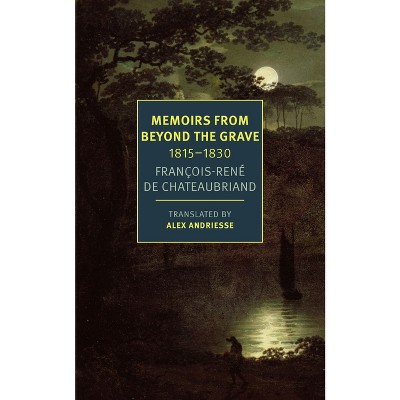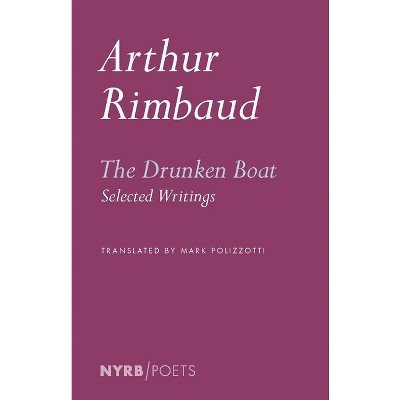$16.99 when purchased online
Target Online store #3991
About this item
Highlights
- By the winner of the 1985 Nobel Prize in Literature, a riveting, stylistically audacious modernist epic about the French cavalry's bloody face-off against German Panzer tanks during WWII.
- About the Author: Claude Simon (1913-2005) was born in Madagascar and, after his father was killed in the First World War, raised by his mother in southwestern France.
- 208 Pages
- Fiction + Literature Genres, Historical
Description
About the Book
"During the German advance through Belgium into France in 1940, Captain de Reixach is shot dead by a sniper. Three witnesses, involved with him during his lifetime in different capacities - a distant relative, an orderly and a jockey who had an affair with his wife - remember him and help the reader piece together the realities behind the man and his death"--Book Synopsis
By the winner of the 1985 Nobel Prize in Literature, a riveting, stylistically audacious modernist epic about the French cavalry's bloody face-off against German Panzer tanks during WWII. On a sunny day in May 1940, the French army sent out the cavalry against the invading German army's panzer tanks. Unsurprisingly, the French were routed. Twenty-six-year-old Claude Simon was among the French forces. As they retreated, he saw his captain shot off his horse by a German sniper. This is the primal scene to which Simon returns repeatedly in his fiction and nowhere so powerfully as in his most famous novel The Flanders Road. Here Simon's own memories overlap with those of his central character, Georges, whose captain, a distant relative, dies a similar death. Georges reviews the circumstances and sense--or senselessness--of that death, first in the company of a fellow prisoner in a POW camp and then some years later in the course of an ever more erotically charged visit to the captain's widow, Corinne. As he does, other stories emerge: Corinne's prewar affair with the jockey Iglésia, who would become the captain's orderly; the possible suicide of an eighteenth-century ancestor, whose grim portrait loomed large in Georges's childhood home; Georges's learned father, whose books are no help against barbarism. The great question throughout, the question that must be urgently asked even as it remains unanswerable, is whether fiction can confront and respond to the trauma of history.Review Quotes
"To read this unforgettable book with complete attention is to get lost. . . in a way that not only reawakens one's sense of the terror of war but also revitalizes one's understanding of the possibilities of narrative." --Sam Sacks, Wall Street Journal "[An] authoritative translation. . . Simon's primary characteristic as a novelist - indeed that which made him an exemplary Nouveau Romancier and a rare jewel among Nobel Laureates when he received his prize in 1985 - was his desire to find and create other narrative shapes, ones which frustrated the closures of life and death, comedy and tragedy. Ones which allowed him to linger among the difficulties and the traps of storytelling as such." --Ben Libman, New Left Review's Sidecar "The ferocious drive of the prose, the images of love and war tossed up like spray out of the struggling rush and turmoil of words, is stupendous." --Kirkus Reviews "Simon [is] a 'writer's writer, ' questioning language's utility as he employs it to breathtaking effect." --Publishers Weekly
About the Author
Claude Simon (1913-2005) was born in Madagascar and, after his father was killed in the First World War, raised by his mother in southwestern France. He briefly attended Oxford and Cambridge, studied painting under André Lhote in Paris, and traveled to Barcelona during the Spanish Revolution of 1936. When the Second World War broke out, he fought in the French cavalry, was taken prisoner by the Germans shortly after the Battle of Sedan, and later, back in France, joined the Resistance. These wartime experiences informed many of his novels, including The Acacia, The Georgics, and The Flanders Road. He was awarded the Nobel Prize in Literature in 1985. Richard Howard (1929-2022) was the author of numerous volumes of poetry and the translator of more than one hundred fifty titles from the French, including, for New York Review Books, Marc Fumaroli's When the World Spoke French, Honoré de Balzac's Unknown Masterpiece, and Guy de Maupassant's Alien Hearts. He received a National Book Award for his translation of Les Fleurs du mal and a Pulitzer Prize for Untitled Subjects, a collection of poetry. Jerry W. Carlson is a professor of literature and film at The City College of New York and the CUNY Graduate Center. As an independent producer, he worked with Claude Simon on a proposed film version of The Flanders Road.Dimensions (Overall): 7.7 Inches (H) x 5.1 Inches (W) x .7 Inches (D)
Weight: .55 Pounds
Suggested Age: 22 Years and Up
Number of Pages: 208
Genre: Fiction + Literature Genres
Sub-Genre: Historical
Publisher: New York Review of Books
Theme: World War II
Format: Paperback
Author: Claude Simon
Language: French
Street Date: July 12, 2022
TCIN: 1001558345
UPC: 9781681375953
Item Number (DPCI): 247-27-0652
Origin: Made in the USA or Imported
If the item details above aren’t accurate or complete, we want to know about it.
Shipping details
Estimated ship dimensions: 0.7 inches length x 5.1 inches width x 7.7 inches height
Estimated ship weight: 0.55 pounds
We regret that this item cannot be shipped to PO Boxes.
This item cannot be shipped to the following locations: American Samoa (see also separate entry under AS), Guam (see also separate entry under GU), Northern Mariana Islands, Puerto Rico (see also separate entry under PR), United States Minor Outlying Islands, Virgin Islands, U.S., APO/FPO
Return details
This item can be returned to any Target store or Target.com.
This item must be returned within 90 days of the date it was purchased in store, shipped, delivered by a Shipt shopper, or made ready for pickup.
See the return policy for complete information.




